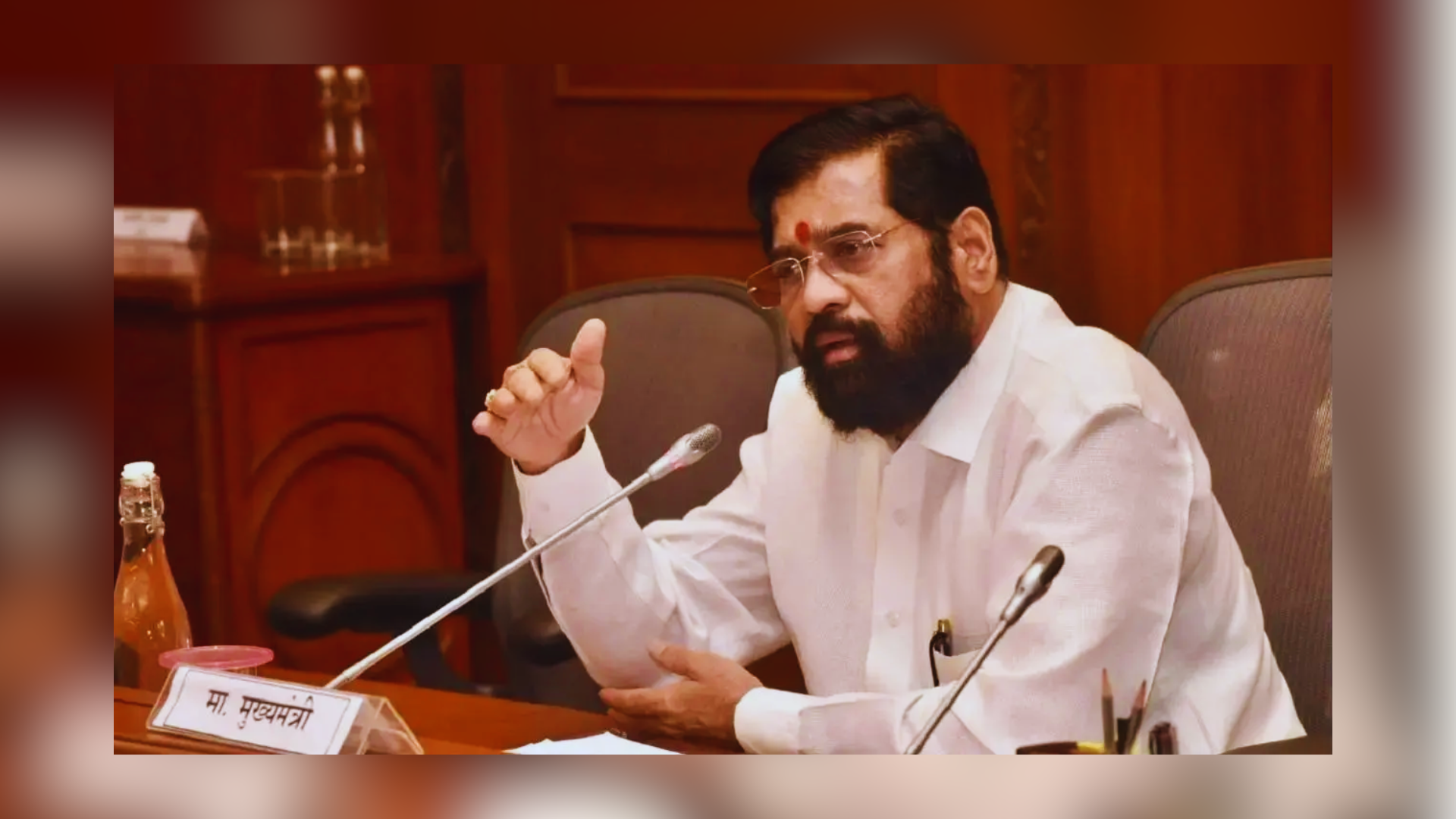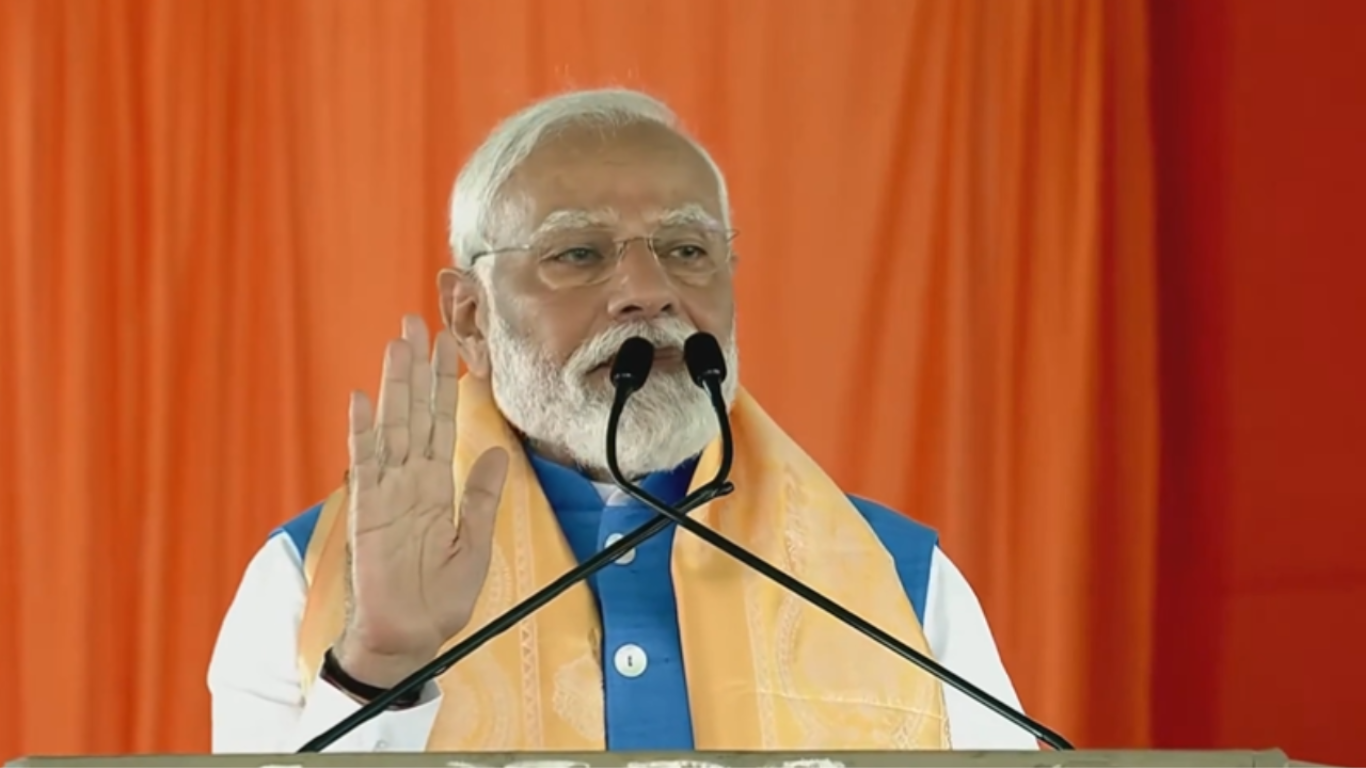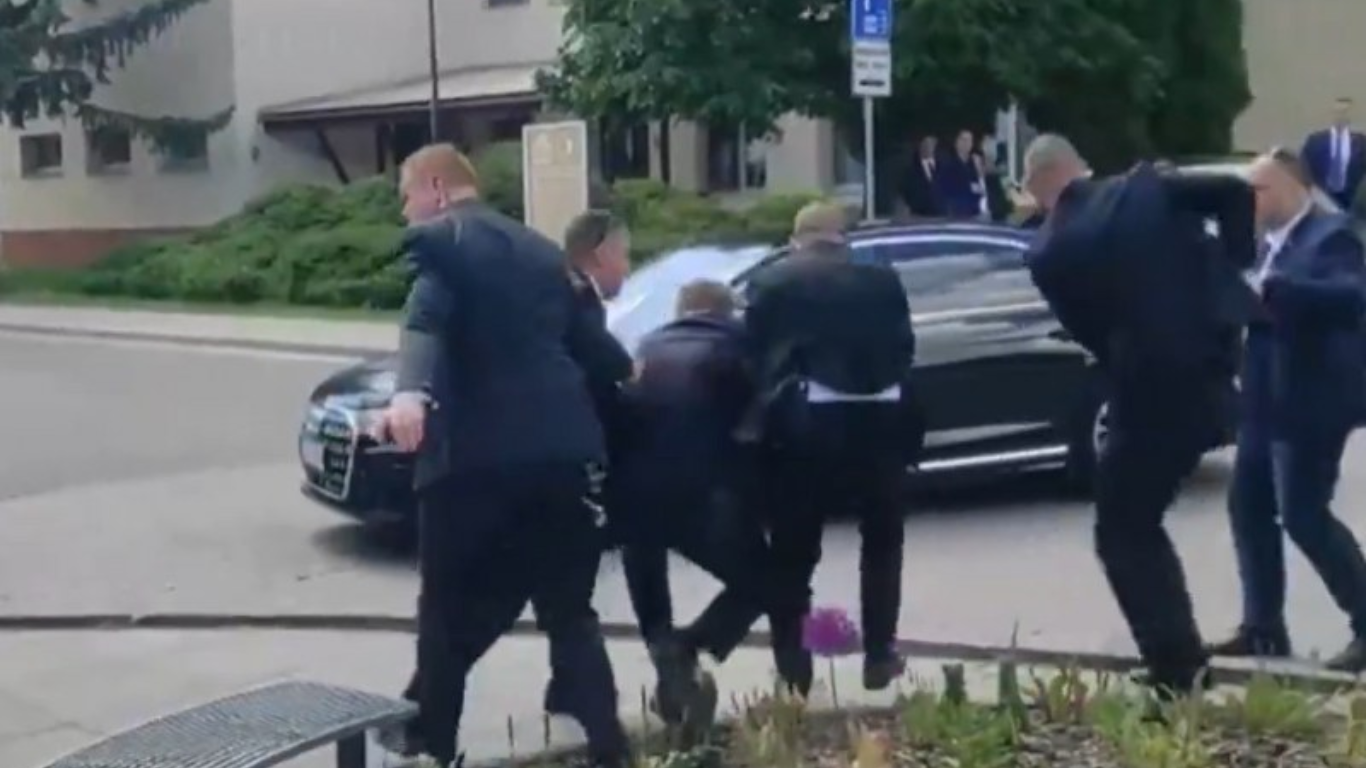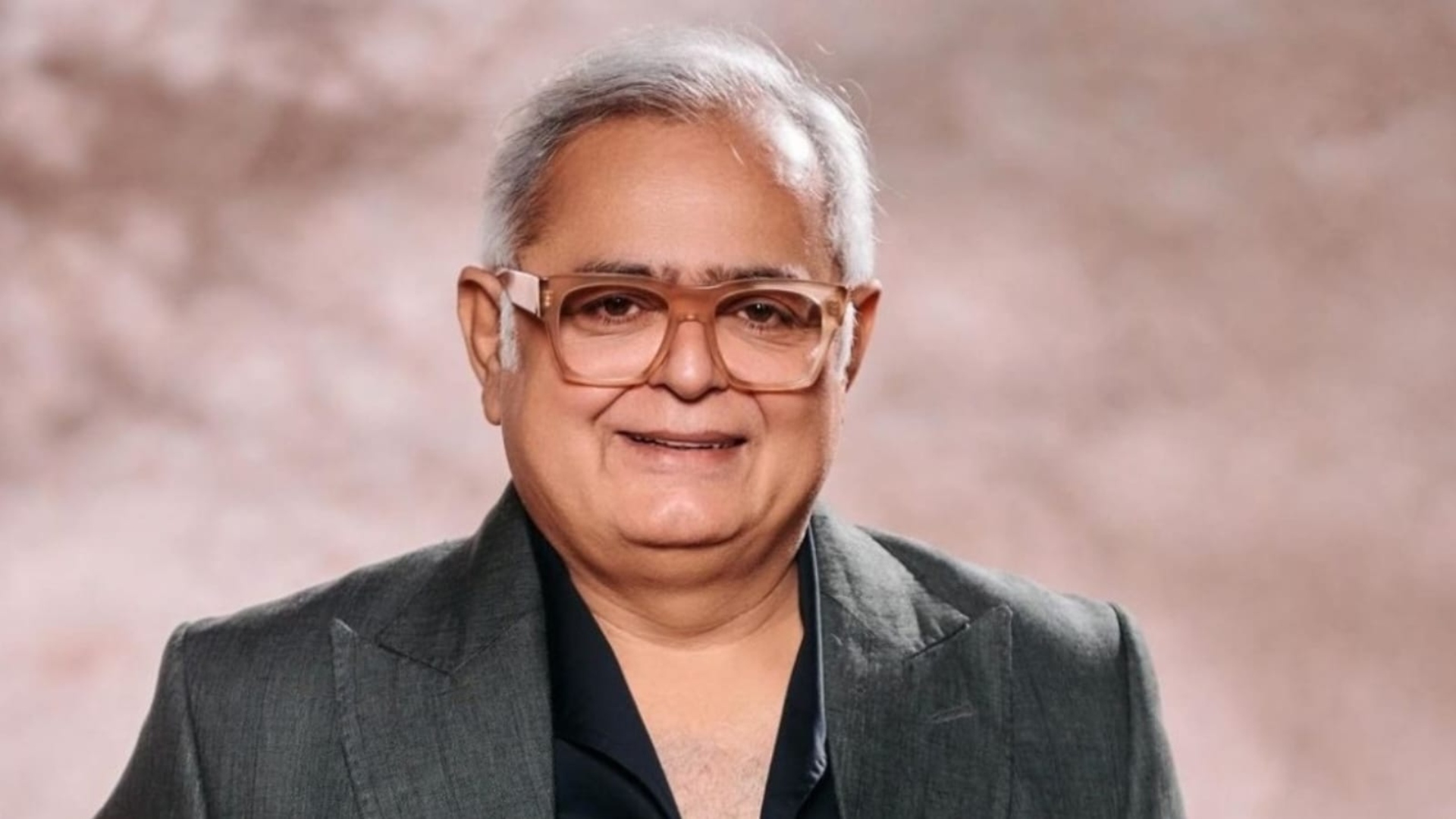









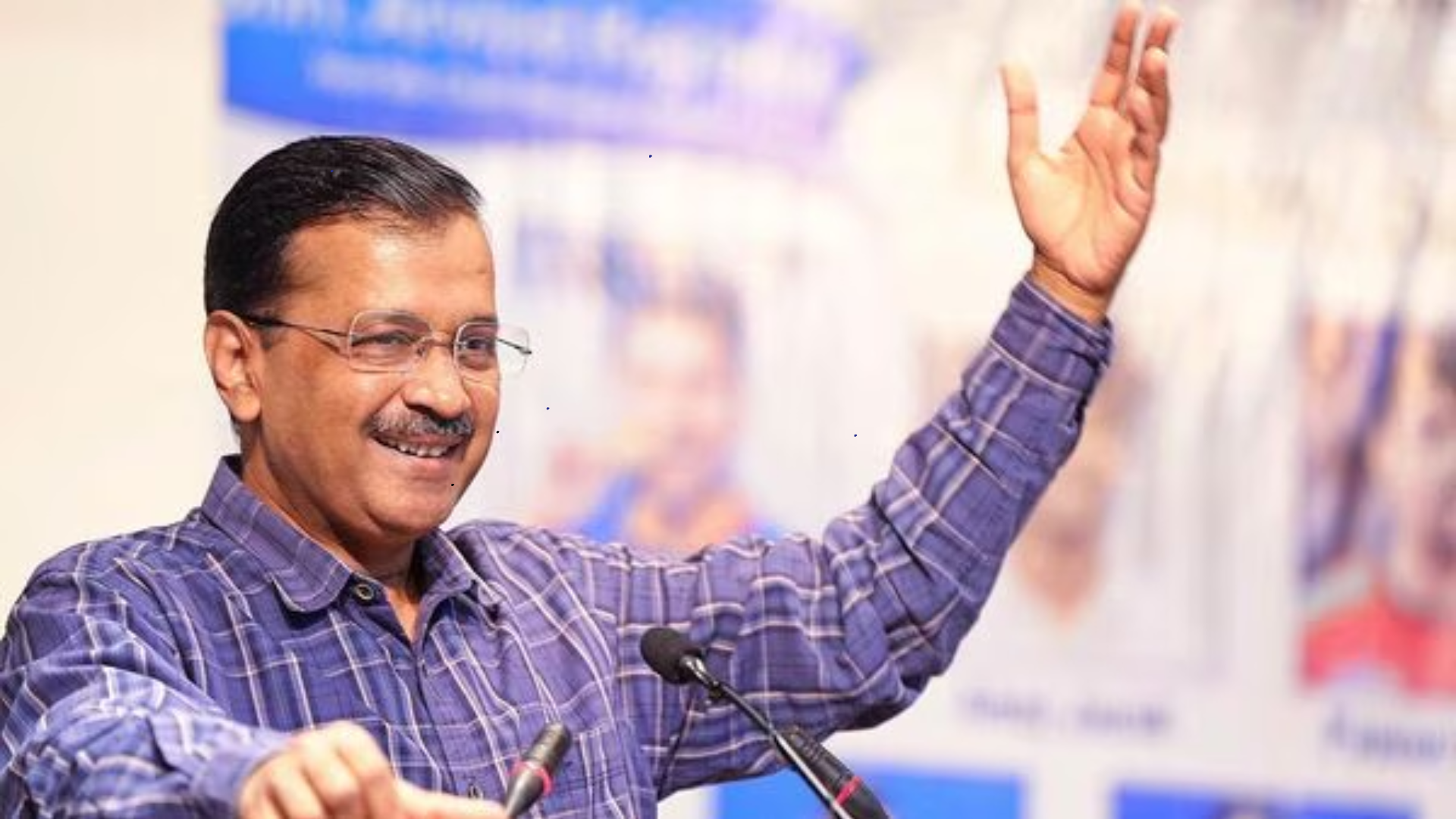
Delhi Chief Minister Arvind Kejriwal has filed an appeal with the Sessions Court challenging the summons issued by the Additional Chief Metropolitan Magistrate over complaints from the Enforcement Directorate (ED) regarding his failure to comply with summons related to the Delhi liquor policy money laundering case.
Scheduled to address the matter this afternoon, Special Judge Rakesh Syal will preside over the proceedings.
Last week, the Additional Chief Metropolitan Magistrate acknowledged the Enforcement Directorate’s second complaint and issued fresh summons to Delhi Chief Minister Arvind Kejriwal, summoning him to appear personally before the court on March 16, 2024.
The Enforcement Directorate recently submitted a second complaint against Arvind Kejriwal for purportedly failing to adhere to summons in the alleged Delhi liquor policy money laundering case. The complaint cites violations under various sections of the law.
Previously, the ED lodged a complaint against Arvind Kejriwal, prompting the court to summon him for the matter. Following the summons, Arvind Kejriwal virtually attended court proceedings on the ED’s complaint, citing prior commitments related to the confidence motion and budget sessions as reasons for not appearing physically.
Senior Advocate Ramesh Gupta, representing Arvind Kejriwal, filed an exemption plea and assured the court of his physical appearance on the next date.
Additional Chief Metropolitan Magistrate Divya Malhotra granted the exemption for the present and scheduled Arvind Kejriwal’s physical appearance before the court for March 16, 2024.
In a recent development, Arvind Kejriwal agreed to virtually engage with the ED on any date after March 12. Delhi Minister Saurabh Bharadwaj criticized the ED’s summons as “illegal” but stated that Arvind Kejriwal chose to virtually attend to prevent any potential unlawful arrest.
Meanwhile, Arvind Kejriwal penned a response to the Directorate of Enforcement, reiterating the alleged illegality of the summons but agreeing to virtual appearance after March 12.
According to the ED, they aim to record Kejriwal’s statement regarding policy formulation, pre-finalization meetings, and bribery allegations in the case.
In the ongoing investigation, the ED, in its sixth charge sheet filed on December 2, 2023, named AAP leader Sanjay Singh and his associate Sarvesh Mishra, alleging the AAP used kickbacks from the policy to fund its campaign in the Goa assembly elections in 2022.
The excise policy aimed to rejuvenate Delhi’s liquor trade, replacing the sales-volume-based regime with a trader license fee and introducing discounts and offers for liquor purchases, ultimately facing controversy leading to its cancellation following allegations of irregularities.
Senior AAP leaders Manish Sisodia and Sanjay Singh are already in judicial custody in connection with the case, with Sisodia arrested by the CBI on February 26 and Singh apprehended by the ED on October 5.



